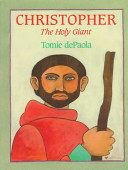
As Reprobus carries a child across a river one stormy night, the boy gets heavier and heavier until Reprobus feels he is carrying the world on his shoulders–thus goes the legend of the name Christ-bearer, or Christopher.
Catalog sorted by age group

As Reprobus carries a child across a river one stormy night, the boy gets heavier and heavier until Reprobus feels he is carrying the world on his shoulders–thus goes the legend of the name Christ-bearer, or Christopher.
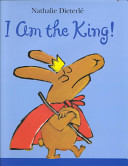
After his mother gives him a crown, a little boy decides to do only what he wants to do, until he is sent to his room.
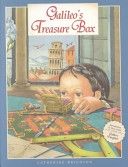
While Galileo sleeps, his young daughter Virginia, later known as Maria Celeste, explores his study and discovers some of the tools he uses in his scientific experiments.
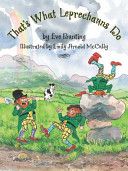
When leprechauns Ari, Boo, and Col need to place the pot of gold at the end of the rainbow, they cannot help getting into mischief along the way.

Sharing simple concepts, Not All Animals are Blue prompts discussion about colors, movement, attitude, and even accessories.
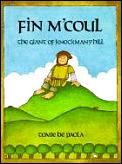
Fin M’Coul’s wife, Oonagh, helps him outwit his arch rival, Cucullin.
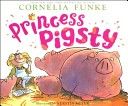
Tired of being a princess, the youngest of three sisters throws her crown out the window and finds happiness working in the royal kitchen and pigsty.
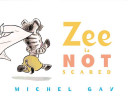
Zee is furious. There’s a scary movie on TV, but he is not allowed to watch it. His parents say it will give him nightmares. But Zee is sure he wouldn’t be scared. And he decides to be a ghost himself.
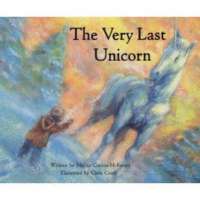
A young boy helps “the one and only, the very last unicorn in the world” to find a safe place to live.

From the lenticular cover that changes with the angle of your hands all the way to the Z, ABC3D is as much a work of art as it is a pop-up book. Each of the 26 three-dimensional letters move and change before your eyes.